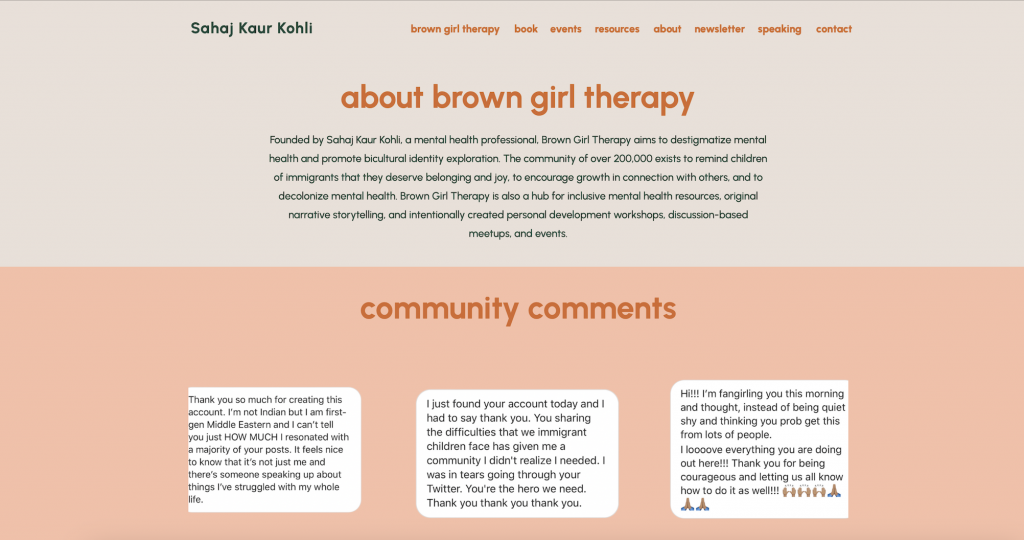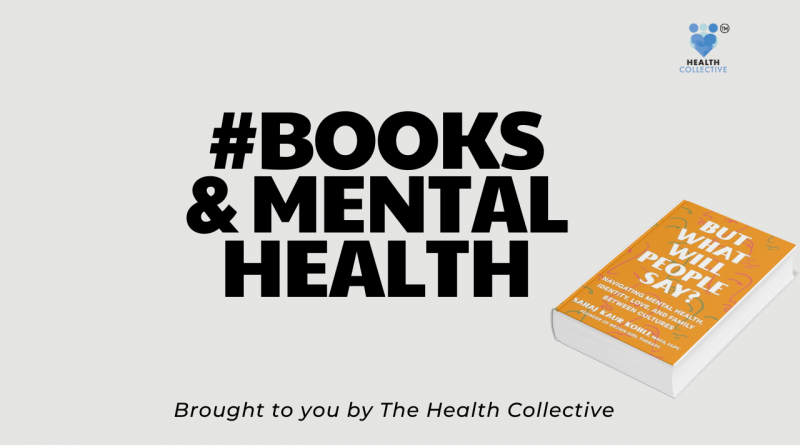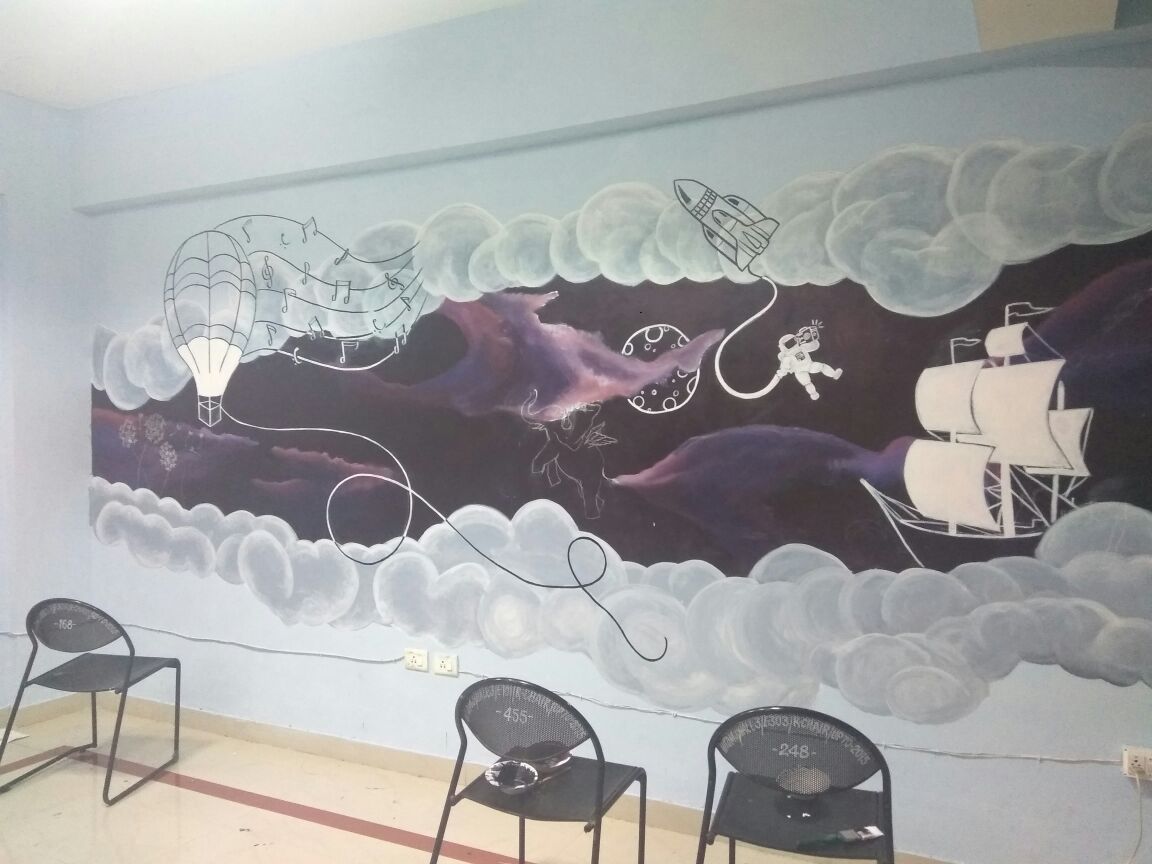But What Will People Say? A Book Review

By Asma
Title: But What Will People Say? Navigating Mental Health, Identity, Love, and Family Between Cultures
“What will people say?” is a refrain that’s far too common in Indian households. In Hindi, it translates to ‘Log kya kahenge?’ but irrespective of the Indian language you speak, you probably know the equivalent of this refrain.
I was intrigued when I heard that Sahaj Kaur Kohli, the founder of the ‘Brown Girl Therapy’ community, had written a book. Hearing the name of the book (‘But What Will People Say?’) made me chuckle; Kohli and I clearly had something in common despite being born and raised in different countries (Kohli is Indian-American and was born in the US, while I grew up as a Third Culture Kid and moved to India over a decade ago).
The Context: Brown Girl Therapy
Kohli founded the ‘Brown Girl Therapy’ community in 2019, beginning with a page on Instagram (@browngirltherapy) which now has over 200,000 followers on the platform. The community is purportedly the first and largest community for children of immigrants. In the book, Kohli explains how while her initial intention was to focus on South Asian women, she soon realised that her work and experiences with her family and culture were relevant to people across the world.
Kohli ran a poll for the Brown Girl Therapy community to explore this and found that over 100 countries were represented in the community.

The Book: But What Will People Say?
‘But What Will People Say?’ was released in May 2024. In the book, Kohli takes us through her life as the youngest of three children, born to parents who immigrated to the US before her birth.
She explores the impact of being a child of immigrants and having to straddle different cultures – the individualistic culture of the country she was born in, the US, and the collectivistic culture of her ancestors’ country of origin, India. Kohli’s mother grew up in Kobe, Japan while her father grew up in India, adding to the multitude of cultures she had to contend with while growing up.
The book explores different themes including shame, guilt, religion, gender roles, intergenerational trauma, enmeshment, codependency, the model minority myth and much more, with Kohli using her own experiences and those of other immigrants (her clients and members of the Brown Girl Therapy community) to explain these concepts and issues.
Kohli’s qualification as a licensed therapist adds valuable insight to her analysis of her own experiences and those of others. Kohli also utilises the benefit of the extensive online community she has created to inform her analysis, using informal polls on Instagram to understand the experiences of the thousands of people who follow her page. Throughout the book, there are tips about dealing with the various themes discussed and reflection questions to help readers understand their inner selves better.
Deep Dive: The Family Dynamic
Kohli delves into the relationship she shares with her elder siblings and the impact their age-gaps have on the relationship they share. Ajay, her brother, is 10 years older and Chandani, her sister, is seven years older than her.
Kohli also explores the factors that contributed to her feeling emotionally distant from her family as a child. She explains how being labelled as the ‘problem child’, a narrative she finds painful even as an adult, stemmed from her parents’ inability to tend to her emotional needs when she was a child.
While she is writing from her perspective as an Indian-American, large parts of the book are applicable to numerous Indian families. Kohli examines the factors – being born a boy, the eldest child and a son, and being a doctor–that likely led her father to become the way he is, writing, “When I was growing up, there wasn’t much engagement or curiosity; rather, his statements, opinions, and beliefs were the last word. I learned to accept and respect that he knew everything and never question him. I learned to feed his ego with platitudes. This was built into the way I was expected to view him as an authoritarian parental figure who knew best. I was taught to fear my dad.”
In a bid to develop a deeper understanding of her relationship with her father as a child, she explores the contrarian behaviour her mother displayed–shielding her from her father’s anger on some occasions and using his anger as a threat to get her to obey orders, at others.
Kohli writes, “My mom was in charge of managing the day-to-day activities in our household, and my dad was mostly pulled in only when there was a serious family matter or when I was in trouble. His presence would be weaponised – “just wait until your dad comes home”. Or it would be deemed too scary, and my mom would thus be relegated to acting as a buffer: “Don’t worry, I’ll talk to your dad”
Kohli’s examination of the role religion plays in her life is particularly interesting, given that it’s a topic people usually shy away from. Writing about the widespread weaponisation of religion, Kohli explains, “Religion can even be weaponised against children of immigrants: in fact, 70 percent of 4,579 children of immigrants who responded to one of my Instagram polls admitted that religion had been used against them to enforce control or to instill fear or obedience.”
She goes on to explain the different roles religion can play, writing, “Positive religious coping–or turning to religion or God as a useful tool of support–is beneficial. It increases self-esteem as it relates to being part of something larger than oneself, and it can enhance prosocial behaviours in religious and cultural communities. However, negative religious coping–or centering narratives that God is punishing or abandoning us whenever we make “mistakes” or have negative experiences–can undermine a person’s sense of self or healing journey.”
Kohli’s willingness to shed light on and explore parts of her life that people tend to gloss over or sweep under the rug–the fights her parents had, her own conflict with her parents, her experience with depression, her parents’ worries that she was becoming ‘too independent’, her 12-year journey towards her Bachelor’s Degree and the accompanying shame she felt–are perhaps her greatest gift to her readers.
‘But What Will People Say?’ is a book I believe most adults can benefit from because of the insight they can gain about their families and their own behaviour. The informal polls mentioned in the book highlight the universality of numerous experiences across cultures. The reflection questions are well-written and provide a lot of room for introspection.
Kohli’s tips throughout the book for approaching various issues, including conversations with family are invaluable, given the paucity of books that explore these themes in the Indian context.
Asma




